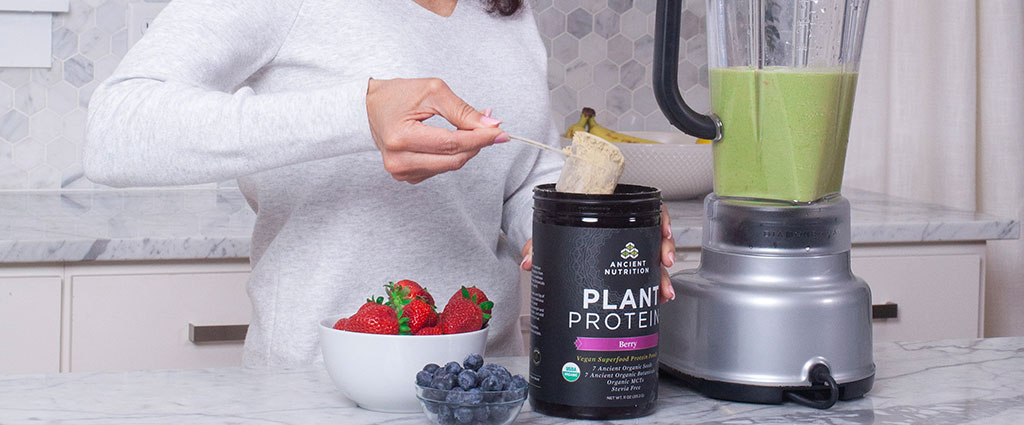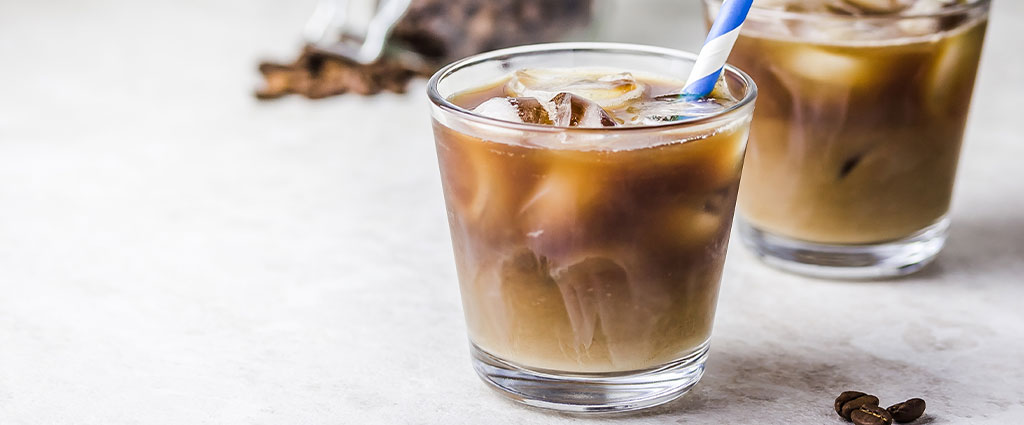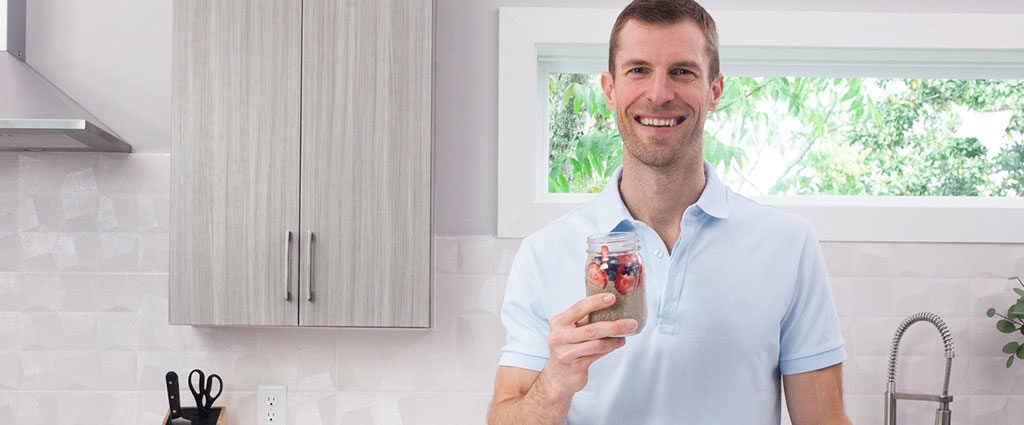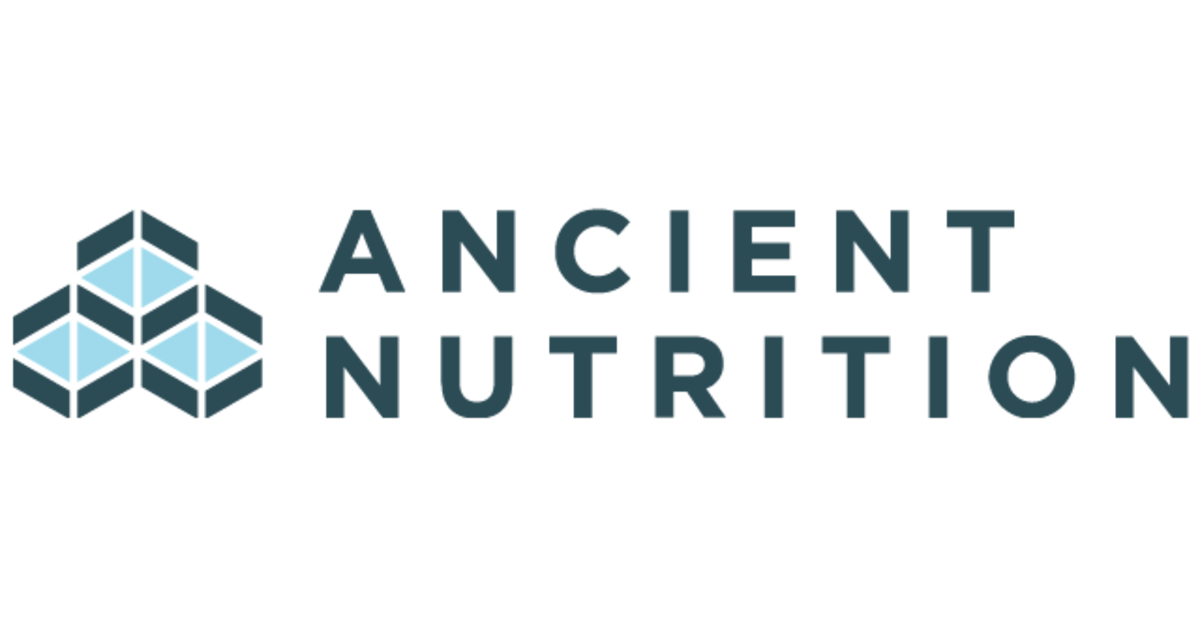What is Plant Protein?
If you think that protein mainly comes from meat, think again. A plethora of plants are protein heroes.
BY REBECCA HEATON
Eating plant-based has grown beyond being a trend—it’s a burgeoning lifestyle as more and more people are interested in eating more vegetarian or vegan and reducing their consumption of animal products. And the shift from animal products just keeps getting easier, with a continuous influx of fortified and nutritious plant-based foods to the market.
Plant-based eating primarily focuses on foods that come from plants—fruits and vegetables, as well as seeds, nuts, whole grains and legumes—while minimizing processed foods and reducing or eliminating animal products such as meat, poultry, fish, eggs, dairy and honey.
Honey isn’t plant-based? Nope! Because it’s made by bees.
The right plant-based foods can be excellent sources of protein and other nutrients. Here are some with the highest amount of protein and nutrition.
You’ll find all seven of these superstar seeds in Ancient Nutrition’s USDA-organic certified Plant Protein+ powder, an easy way to get a concentrated dose of healthy plant protein.
Pumpkin seeds: Also known as pepitas. An impressive 30% of the calories of these seeds come from protein. They also boast omega-3 fatty acids, zinc, magnesium, manganese, phosphorus and phytosterols.
Watermelon seeds: When you think of watermelons, you may not think of the seeds. Made of about 18% protein, the seeds also contain zinc, magnesium and folate.
Flaxseed: Made of about 18% protein, these seeds also offer omega-3 fatty acids and fiber.
Chia Seeds: Made of approximately 16–18% protein, these seeds feature omega-3 fatty acids, fiber and antioxidants.
Hemp Seeds: Hemp seeds typically have 25% or more of their total calories from high-quality protein, plus several vitamins and minerals.
Sacha inchi seeds: These seeds are about 27% protein and feature omega-3 fatty acids and vitamin E.
Sunflower seeds: About 14% of the calories constitute protein, plus certain vitamins, minerals, antioxidants and phytonutrients.
Source: Jordan Rubin, co-founder of Ancient Nutrition

















Share this Post